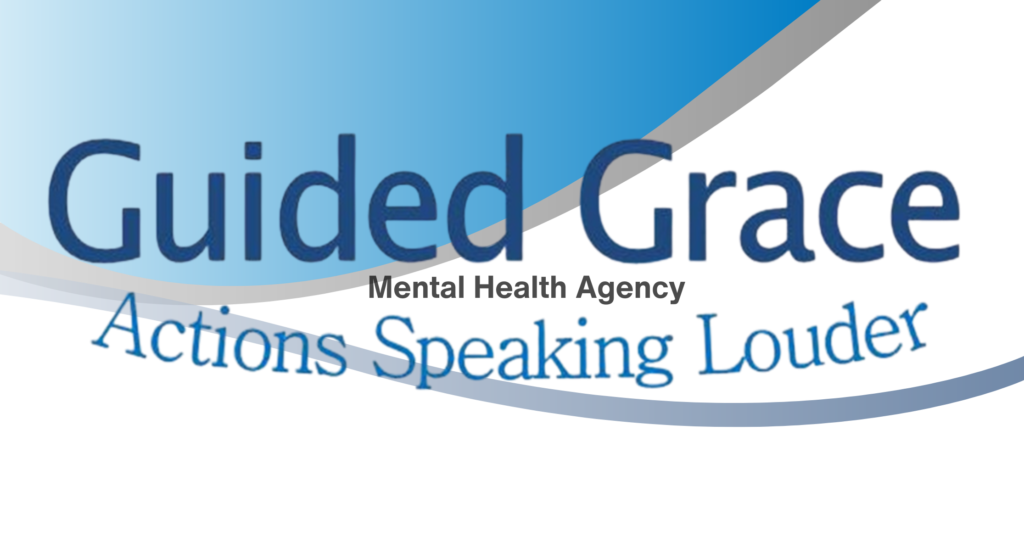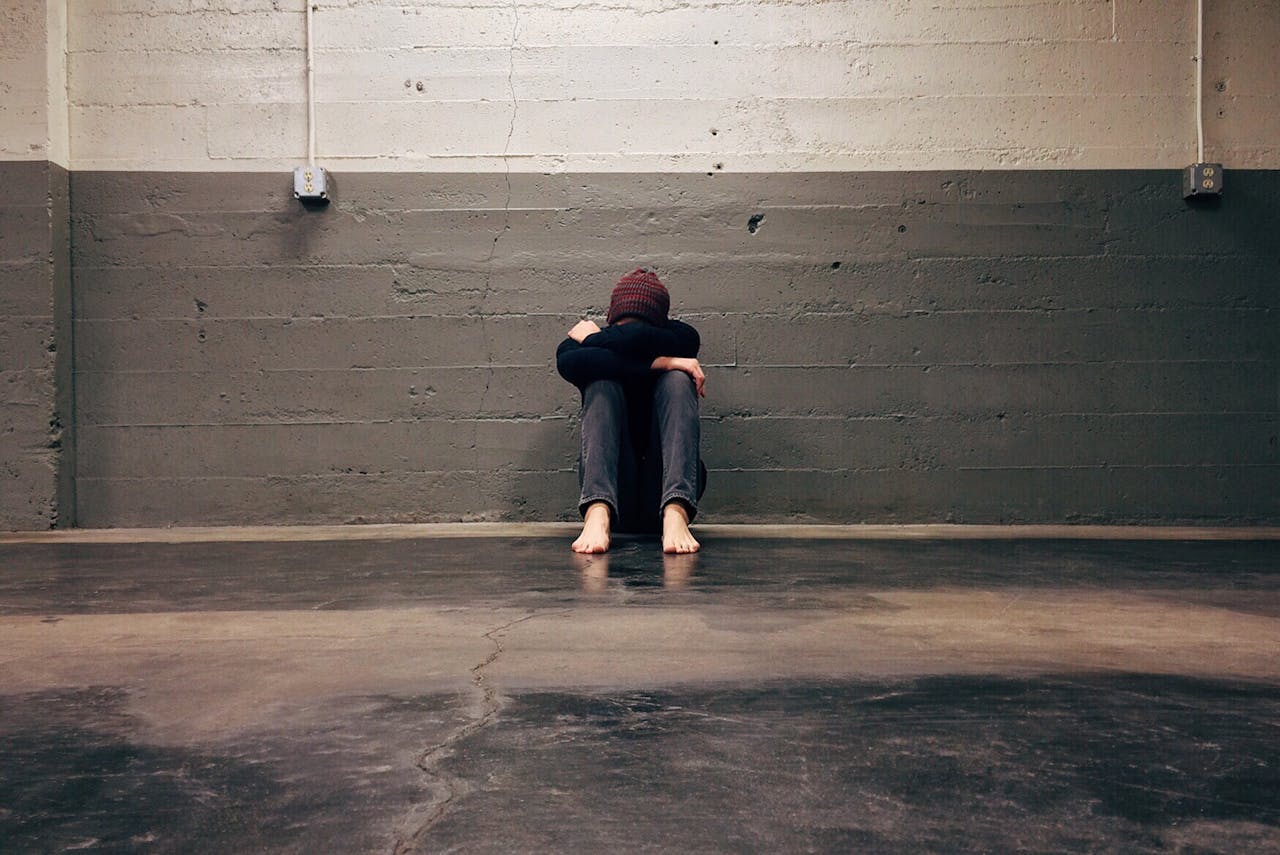Growing up, although inevitable, is not easy.
Even in the “best” homes providing complete stability, children and teenagers face challenges growing up.
And these struggles, as we know, mold us into the adults we become – the great, the good, and the less enjoyable pieces of us.
If these pieces affect us negatively, we might experience what’s known as adult child syndrome.
Unfortunately, according to SAMHSA (Substance Abuse and Mental Health Services Administration), more than two-thirds of children in America are exposed to at least one traumatic event before they turn 16.
What makes this statistic even worse is that it doesn’t include all forms of trauma.
If you grew up in a house where your parents or caregivers fought or yelled often or had unreasonably strict rules/punishments*, it could also have created trauma.
SAMHSA defines childhood trauma as “when a child (0-18 years) feels intensely threatened by an event they experience or witness.”
This goes to show that childhood trauma can happen to anyone.
What happened to you in your past is not your fault, but healing from those wounds is possible.
Let’s explore how.
*We don’t mean rules like “be home by 10:30 pm, or you’ll be grounded for a week,” but more in the sense of “make any noise in the house, and you sleep outside.”
What is Adult Child Syndrome?
Adult child syndrome isn’t an official diagnosis but a way to understand the challenges that many adults face when they’ve experienced difficult childhoods.
This doesn’t necessarily mean your parents were bad people, but it means the family system may have had some challenges that made it hard for you to develop emotionally in a healthy way.
These challenges could include things like:
- Addiction (alcoholism, drug abuse)
- Mental health conditions in parents or caregivers (depression, anxiety, personality disorders)
- Abuse (physical, emotional, or sexual)
- Neglect (emotional or physical)
- Other forms of family dysfunction (unpredictability, instability, lack of emotional support)
Essentially, growing up in these environments can leave you feeling insecure, unsure of yourself, and lacking trust in yourself and others.
It can also make it hard to understand and manage your emotions.
However, not everyone who grows up in a difficult environment experiences Adult Child Syndrome.
What is an Adult Child?
An “adult child” in this context refers to someone whose actions and decisions as an adult are still heavily influenced by their childhood experiences.
They may struggle with things like:
- Making decisions
- Forming healthy relationships
- Setting boundaries
- Expressing their needs
- Feeling secure and confident in themselves
It’s like a part of them is still stuck in their childhood environment, trying to navigate the adult world with tools and coping mechanisms that may no longer be helpful.
Recognizing the Signs of Adult Child Syndrome
- Fear of Abandonment. You feel anxious about being rejected or people leaving you, even in healthy relationships.
- Difficulty Trusting Others. You find it hard to let people in, believe they’ll be there for you, or have your best interests at heart.
- Low Self-Esteem. You struggle with feelings of shame, not being good enough, or worthy of love.
- People-Pleasing. You put others’ needs before your own, even at your expense.
- Difficulty Setting Boundaries. You have trouble saying “no” or protecting your needs and limits.
- Struggle With Emotional Regulation. You find it hard to manage your emotions, leading to intense reactions or difficulty expressing yourself.
How Childhood Trauma Affects Adults
Childhood trauma can have a deep and lasting impact on your physical and mental health.
It can affect your:
- Brain Development. Trauma can actually change the structure and function of your brain, especially in areas related to emotional regulation, stress response, and memory.
- Physical Health. Studies show that childhood trauma increases the risk of developing chronic illnesses like heart disease, diabetes, autoimmune disorders, and even cancer later in life.
- Mental Health. Trauma can make you more vulnerable to anxiety, depression, PTSD, and substance abuse.
It’s important to remember that these effects are not your fault.
Your brain and body were doing their best to cope with difficult situations.
But with the right support and healing, you can overcome these challenges and create a healthier, more fulfilling life.
We, at Guided Grace Family & Youth Services, are here if you want to talk.
The Impact of Adult Child Syndrome on Relationships
Adult child syndrome also affects your relationships in many ways.
- Romantic Relationships. You struggle with intimacy, fear abandonment, or tend to choose partners who repeat unhealthy patterns from your past.
- Friendships. You might have trouble setting boundaries, struggle with trust, or find it hard to maintain close friendships.
- Relationships With Children. You repeat unhealthy parenting patterns from your childhood or have difficulty setting consistent limits.
- Work Relationships. You struggle with authority figures, have difficulty asserting yourself, or fear criticism.
- Relationship With Yourself. You are overly critical of yourself, struggle with self-doubt, or have difficulty prioritizing your needs.
Remember, these challenges are not insurmountable.
With self-awareness, support, and healing, you can learn to build healthier and more fulfilling relationships in all areas of your life.
Healing Your Adult Child
While the effects of childhood trauma can be significant, healing is always possible. Here are some ways to start your journey:
- Pay attention to your thoughts, feelings, and behaviors to identify patterns that stem from your childhood experiences.
- Treat yourself with kindness and understanding. It is essential for healing and growth.
- Practice mindfulness to stay grounded and manage difficult emotions.
- Connect with others who have had similar experiences. These groups can give you a sense of validation, community, and support.
- See an experienced therapist. Therapy can provide a safe and supportive space for exploring your experiences, developing coping skills, and building healthier relationships.
How We Can Help
Guided Grace Family & Youth Services offers a range of services to help you heal from childhood trauma and overcome the challenges of adult child syndrome.
Depending on your needs, some of the techniques we’ll explore are:
- Solution Focused Brief Therapy (SFBT). This approach focuses on identifying your strengths and creating a vision for a more positive future.
- Family Therapy. If family dynamics are contributing to your struggles, family therapy can help improve communication and build healthier relationships.
- Narrative Therapy. This approach can help you reframe negative narratives about yourself and create a more empowering story for your life.
Let’s take the next step.

